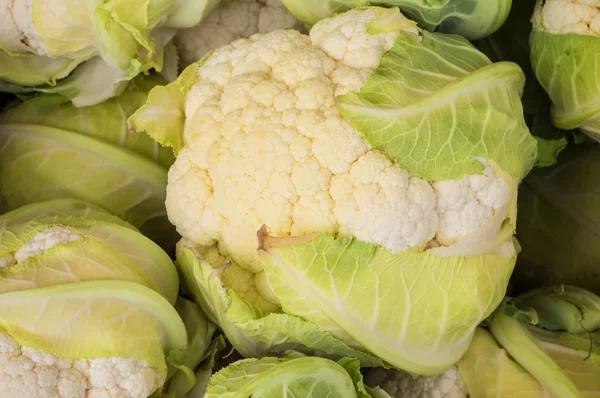The human body is a complex system, and one of its most critical components is the gut. Housing trillions of microbes that aid digestion, immunity, and even mental health, the gut microbiome plays a vital role in overall well-being. However, modern lifestyle factors like stress can significantly disrupt this delicate balance.
Stress has been linked to various health problems ranging from heart disease to depression. But what many people don’t realize is that it also affects our gut health. The brain and the gut are connected through a bi-directional pathway known as the Gut-Brain Axis (GBA). When we experience stress, our brain sends signals to our digestive system which can lead to changes in digestion speed, stomach acid production, and even alter the composition of our gut microbiota.
These alterations can result in an array of gastrointestinal issues such as bloating, diarrhea or constipation – symptoms often associated with Irritable Bowel Syndrome (IBS). Additionally, a disruption in the balance of good and bad bacteria within your gut – known as dysbiosis – has been linked not only to digestive disorders but also obesity, diabetes type 2 and mental health conditions like anxiety or depression.
So how do we maintain or restore this balance naturally? A key factor lies within our diet. Consuming fermented foods rich in probiotics like yogurt or kefir helps increase beneficial bacteria levels while reducing harmful ones. Prebiotic-rich foods such as garlics onions & bananas feed these helpful microbes allowing them to thrive.
Another essential aspect is fiber intake; dietary fibers act as fuel for beneficial bacteria promoting their growth hence contributing towards a healthy microbiome. Moreover consuming diverse plant-based foods provides different types of fibers & nutrients needed by various bacterial species ensuring microbial diversity which is crucial for optimal gut health.
Additionally maintaining regular physical activity managing weight avoiding smoking limiting alcohol intake all contribute towards bettering your microbiome & overall wellness.
However managing stress specifically remains paramount since even with an optimal diet, chronic stress could still negatively impact your gut health. Incorporating stress management techniques such as mindfulness meditation, yoga or even simple deep-breathing exercises can have profound effects on reducing stress levels hence mitigating its harmful impact on the gut.
Moreover getting adequate sleep is crucial since lack of it has been linked to altered microbiome composition & increased cortisol levels – a key stress hormone. Hence establishing a regular sleep schedule and ensuring quality rest can significantly contribute towards maintaining a healthy gut.
In conclusion, while modern lifestyle factors like chronic stress can disrupt our gut microbiota balance leading to various health issues, managing this naturally is within our reach. By adopting healthier dietary habits incorporating regular physical activity practicing effective stress management techniques and ensuring adequate sleep we can maintain or restore our microbiome balance thereby enhancing our overall well-being.








